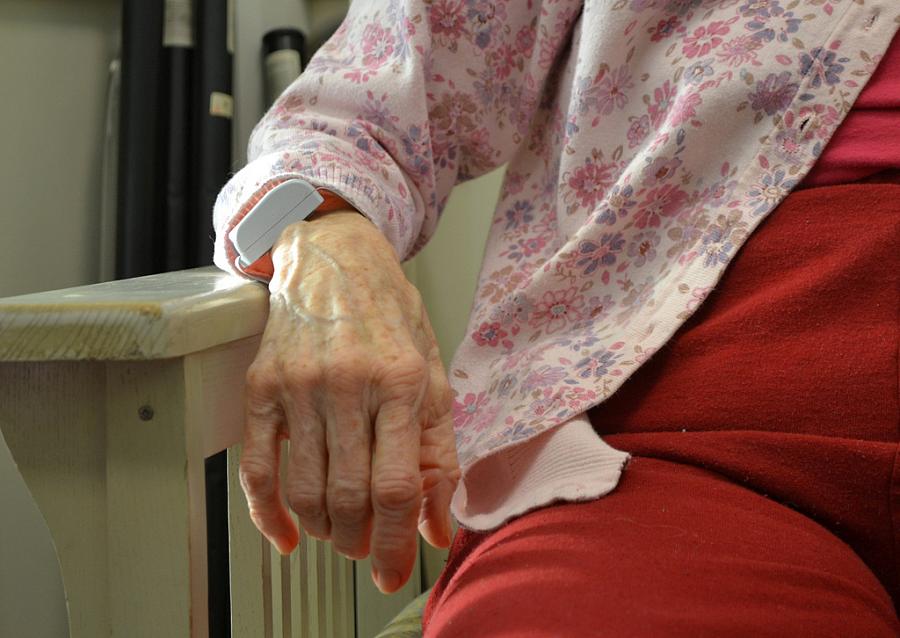Are Alzheimer’s-related suicides an emerging trend?

A paid death notice in The New York Times last week caught the eye of one of my colleagues, who circulated it around the office. It was for Sandra Lipsitz Bem, an emerita professor of psychology at Cornell who committed suicide after receiving a diagnosis of Alzheimer’s disease. Upon her diagnosis in 2010, it said, she made known “her intention to end her life while she could still do so without assistance if and when the disease became too debilitating for a meaningful quality of life.” It described her end as “peaceful.”
In some respects, this death notice wasn’t surprising to my colleagues and me. We work at The Hastings Center, a bioethics research institute concerned with ethical dilemmas in medicine. Bioethicists have been anticipating the possibility that as the population ages and more people develop Alzheimer’s disease, many of them will want to end their lives to avoid lingering for years with relentless decline. Increasing the odds is the availability of tests that estimate a person’s risk of the disease years before symptoms appear and that identify biomarkers – signs of the disease inside the body. The tests include genetic testing for the APOE4 gene variant, which is associated with increased risk, and a brain imaging scan that reveals amyloid plaque, a sign of the disease. Someone who learns that he or she is likely to get Alzheimer’s can take action before it progresses to the point that taking action, let alone making decisions, is no longer possible.
In another respect, the death notice came as a shock. It was the first one that any of us had seen that identified suicide as an Alzheimer’s-related death. Did it indicate a trend? A quick Google search turned up an obituary for Bem in the Pittsburgh Post-Gazette, also citing suicide as the cause of death. But what about other death notices and obituaries?
I emailed Andrew Meacham, president of The Society of Professional Obituary Writers and an obit writer for the Tampa Bay News. He said he’d seen a slight increase in the number of death notices that mention suicide, although not related to Alzheimer’s disease. But that might change.
Over the last few years there have been news reports about suicides and murder-suicides involving people with Alzheimer’s. In addition, articles in law and bioethics journals (here and here, for example) have started exploring an ethical and legal gray area: the use of advance directives for people to request aid in dying if they develop dementia and reach a specified state of decline.
Here’s where the law is clear. It is legal for a person who is mentally competent to refuse interventions of any kind, as well as to refuse to eat and drink, even if doing so will hasten death. It is also legal for a person to refuse life-sustaining treatment through an advance directive; the directive would speak for the person should he or she lose decision-making capacity. In the states where physician aid in dying is legal, people who are terminally ill (with a life-expectancy of six months or less) and mentally competent can request and receive a physician’s help in ending their lives.
But these options are not available to most people with Alzheimer’s disease. While people in the early and middle stages are likely to have decision-making capacity, they might not want to die just yet, when they can still interact with friends and family and take part in activities they enjoy. In the advanced stage, people are not mentally competent, which eliminates the possibility of voluntarily refusing interventions (and nutrition and hydration) or requesting a physician’s aid in dying. And advance directives that express the wish to forgo life-sustaining treatment, such as mechanical ventilation, are of little or no use to people with Alzheimer’s, since Alzheimer’s by itself usually does not involve heroic medicine.
What some bioethicists propose is the option to use advance directives to refuse food and water. Since people with late-stage Alzheimer’s usually need help eating, the directives could tell caregivers – whether at home or in a health care facility – to stop feeding them.
“Such directives are not a stretch legally; in fact, they are arguably already legal,” write Paul T. Menzel and M. Colette Chandler-Cramer in the May-June issue of the Hastings Center Report. “They follow logically from the intersection of two existing legal rights: directives for the refusal of life support and VSED [voluntarily stopping eating and drinking].” A rebuttal to this view and a case study also appear in the journal.
Of course, this idea raises all sorts of questions. What if a person writes in an advance directive that she does not want food or water if she develops advanced dementia, but when that time comes, she seems to enjoy eating? Or she shows distress when she isn’t given food and water? What about the distress experienced by the caregiver who must make the decision to withhold food and water?
Debates on these and other questions will inevitably play out in the media. There will be commentaries, op-eds, and articles. And there may well be groundbreaking revelations comparable in the magnitude of its impact to the disclosure by Timothy Quill in the New England Journal of Medicine 23 years ago that he helped a patient with advanced leukemia commit suicide by prescribing a lethal dose of barbiturates. Quill’s article was shocking at the time, and it was the subject of coverage in newspapers and other general-interest publications. He touched off a national debate over physician aid in dying that continues to this day.
Image courtesy of MTSOfan via Flickr.
